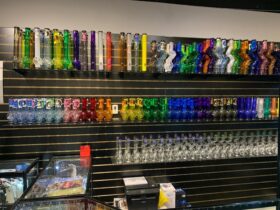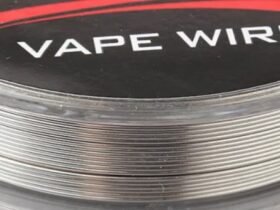Hunting is a popular outdoor activity enjoyed by many enthusiasts. Whether you’re a seasoned hunter or a novice, having the right hunting accessories and optics can greatly enhance your hunting experience. With a plethora of options available on the market, it’s important to consider certain factors before making a purchase. Here, we will discuss the key factors you should consider when choosing hunting accessories and optics.
- Purpose and Hunting Style:
The first step in selecting the right hunting accessories and optics is to determine your specific hunting purpose and style. Are you primarily a rifle hunter or do you prefer bowhunting? Do you hunt during the day or in low-light conditions? Understanding your hunting style will help you determine the type of accessories and optics you need. For example, rifle hunters might require a quality scope, while bowhunters may benefit from a rangefinder or a tree stand.
- Quality and Durability:
Hunting often involves rugged terrain and challenging weather conditions. Therefore, it’s crucial to choose accessories and optics that are built to withstand such conditions. Look for products made from durable materials such as high-quality metals, strong plastics, or weather-resistant coatings. Opt for brands with a reputation for producing reliable and long-lasting equipment. Investing in durable accessories will ensure they serve you well for years to come.
- Optics:
When it comes to hunting optics, there are several factors to consider. Firstly, decide whether you need binoculars, a spotting scope, or a combination of both. Binoculars are versatile and can be carried easily, while spotting scopes offer higher magnification for long-range observation. Consider the magnification power and objective lens diameter to determine the optimal balance for your hunting needs. You need to buy rifle scopes to better shoot on the target. Additionally, features like lens coatings, field of view, and eye relief should also be taken into account for better clarity and comfort during extended use.
- Weight and Portability:
Hunting often involves covering long distances and carrying gear over extended periods. Therefore, it’s essential to consider the weight and portability of your accessories. Lightweight and compact options can make a significant difference in reducing fatigue and allowing for easy maneuverability. Look for accessories that strike a balance between functionality and weight, ensuring they won’t become a burden during your hunting expeditions.
- Ease of Use:
Hunting situations can be fast-paced and require quick decision-making. Therefore, your hunting accessories and optics should be user-friendly and easy to operate. Consider features such as intuitive controls, ergonomic designs, and quick adjustments. The last thing you want is to struggle with complicated equipment when you have a target in sight. Prioritize accessories that offer simplicity and efficiency to enhance your overall hunting experience.
- Budget:
Setting a budget is an important factor when selecting hunting accessories and optics. Prices can vary greatly, depending on the brand, quality, and features. Determine how much you are willing to spend and research products within your price range. Remember that while it’s tempting to opt for cheaper options, compromising on quality may lead to disappointment and additional expenses in the long run. Seek the best value for your budget without sacrificing essential features and durability.
Conclusion:
Choosing the right hunting accessories and optics is crucial for a successful and enjoyable hunting experience. By considering factors such as your hunting style, quality and durability, optics features, weight and portability, ease of use, and budget, you can make informed decisions that align with your specific needs. Investing in high-quality equipment will not only enhance your hunting skills but also ensure your safety and comfort in the field. So, take your time, do thorough research, and choose wisely to maximize your hunting adventures. Happy hunting!









